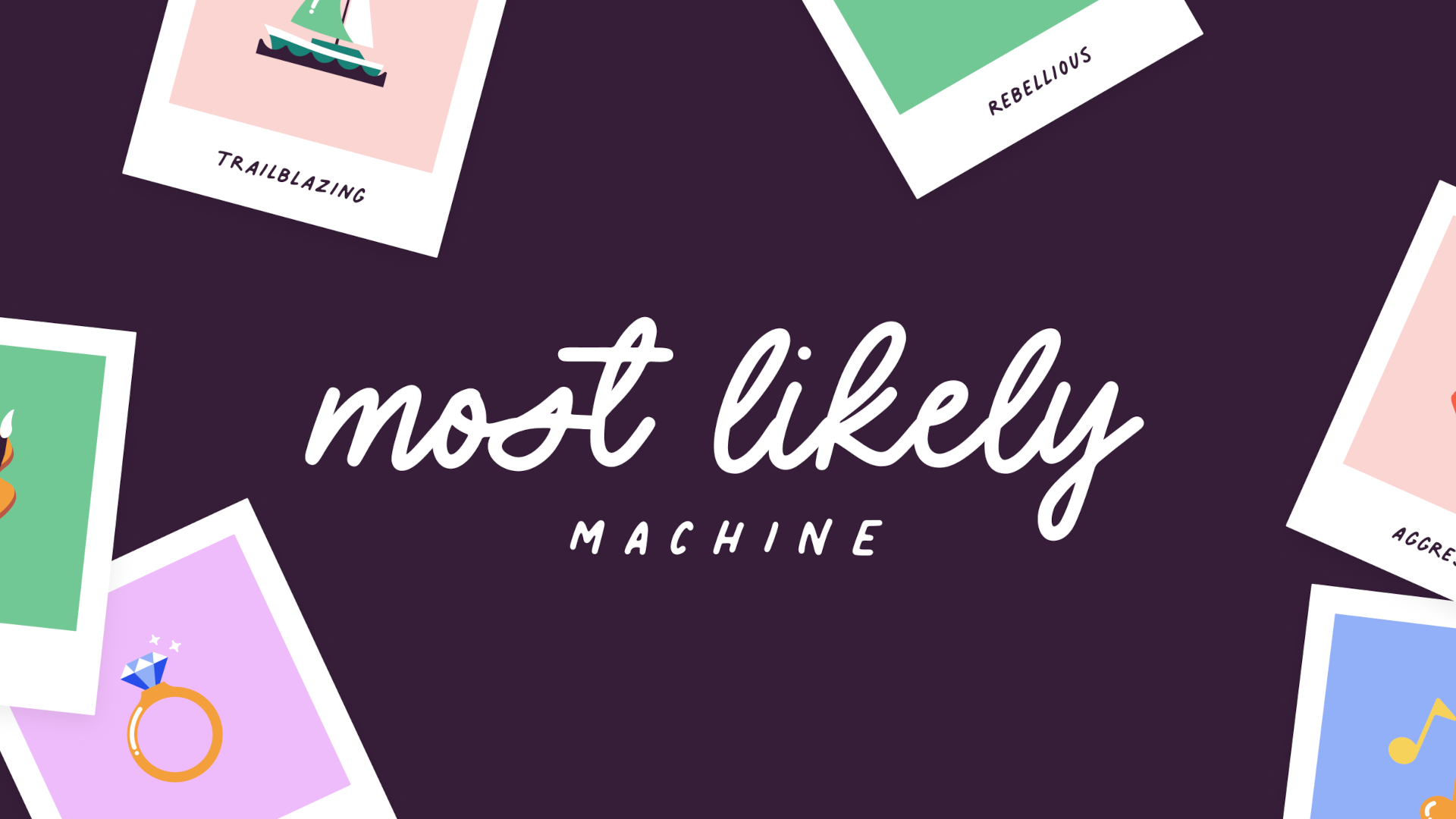DAILY INSIGHT: School librarians have knowledge to share
Tools and ideas to transform education. Sign up below.
You are now subscribed
Your newsletter sign-up was successful
Steven M. Baule, CIO Advisor
I keep a list of potential blog topics on the whiteboard in my office and then, when I have a couple of free moments, I stare at my whiteboard and hope one of them jumps out at me or starts to dance around inside my head to the point my fingers start to move on the keyboard. Only rarely do events connect to the point that I am compelled to start writing. This is unfortunately one of those times.
In full disclosure, I was a school librarian before entering administration; in some ways I am still a recovering librarian and I really worry about access to real information and primary source documents, not just Twitter feeds, Facebook and other social media. I regularly visit the websites of the Library of Congress, the UK National Archives, and other such places. The National Library of Ireland's eResources remains my first bookmark in Chrome.
Three connected items spurred today's entry. First, my daughter was told to purchase a graphing calculator. Second, I received a text from a colleague querying whether or not a school district is required to have a certified school librarian on staff. From the context, I am sure that the colleague is starting to think about how to cut next year's budget. The third was the Today Online article about why are we teaching like it's 1992? I found that from Tech& Learning's Blog Quote of the Day.
The Today Online article speaks to the fact that we have reached both information and attention overload. With the advent of the Web and now with Web 2.0 tools, why are teachers still teaching without fully integrating these resources? That made me think, why aren't teachers walking down the hall to see the librarian when they try to integrate these resources? When teachers planned assignments in 1991, they would walk down to see me and ask what kind of resources I had to support their new lesson—whether it was about mice, mummies or molecules. Today teachers seem to simply jump to Google and search for themselves. However, there are so many great resources out there that aren't readily available via a simple Google search, or show up as item 3,765. So, as information has become more available but more difficult to organize, search and evaluate, why have we walked away from our librarians? Why is there no longer a perceived value in the classification and description of information in such a way to reduce it to actual knowledge?
In the same way, my daughter came home and announced she needed a graphing calculator the next day for class. Instead of running to the store, I asked her to bring me her Kindle Fire. She was clearly not happy with the directive, but did go and get it. I downloaded the free Graphing Calculator App for the Kindle and told her to let me know if the teacher had a problem with the option. I saved more than $100 and an hour of shopping. Did my daughter not hear her teacher tell her to download it to her smartphone or device, or was the teacher still doing what he would have done in 1992? Did the teacher ever think about an app option or approach the librarian about free options?
I would challenge every librarian or supervisor of librarians to take a proactive stand to share information resources, search tools and, of course, book information with their staff between now and the end of Connected Educator Month in October to help ensure that librarians retain their rightful place as valued members of the educational team and don't soon go the way of the passenger pigeon and the quagga. Make a point of extending the sharing beyond the teaching staff to the district administrators and the board as well.
Tools and ideas to transform education. Sign up below.
Steven M. Baule is superintendent of North Boone CUSD 200 in Poplar Grove, IL. He has written several books on aspects of library and technology management and planning. Follow North Boone on Twitter @NBCUSD200.
